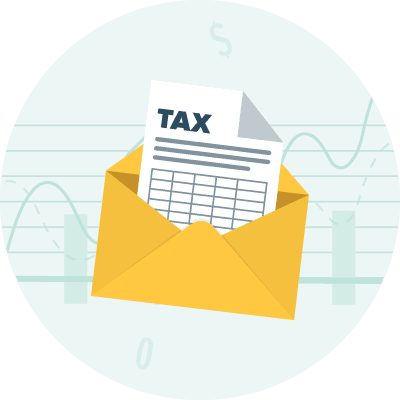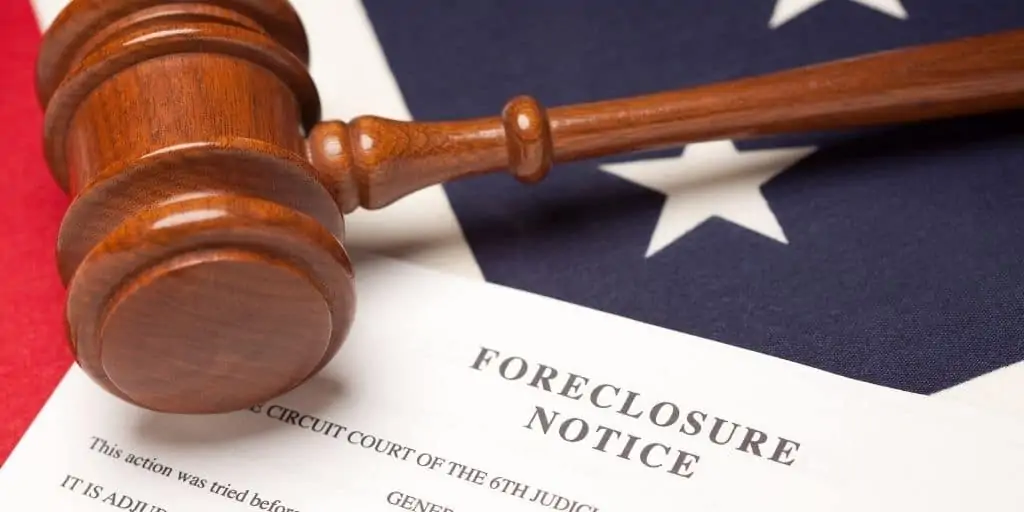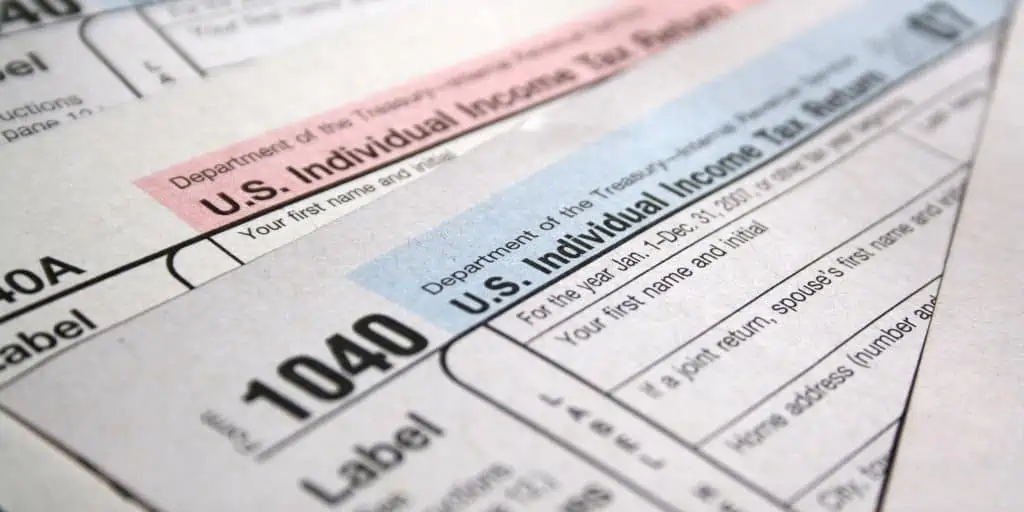What Is Delinquency?
What Is Delinquency in Real Estate?
Delinquency in real estate refers to the state where a borrower (such as a mortgagor) is behind on payments.
A person or entity is delinquent when it fails to meet debt or payment obligations within the agreed time. This financial obligation can come in various forms, such as mortgages, credit cards, student loans, taxes, auto loans, and even bond payments. As long as the borrower cannot repay what they owe when it is due, they are in a state of delinquency.
A delinquent entity can be either an individual or a corporation. Generally speaking, delinquency begins when the borrower has not made their repayment at least 30 days past the due date. However, some creditors start counting delinquency at 45 or 60 days[1].
In most cases, lenders may be willing to offer grace periods, but this will mainly depend on the terms of the original agreement.
Delinquency may also describe a financial professional failing to perform their fiduciary responsibilities. For example, a wealth management adviser recommending a high-risk venture to a retired client may be deemed delinquent. This is because a retiree generally has lower risk tolerance, so suggesting a risky venture to them means that the financial adviser has failed their primary responsibility.
Consequences of Being Delinquent
The consequences of delinquency vary based on a few considerations, including the account, agreement terms, and the lender/creditor. In any case, delinquent entities will often be subject to hefty penalties and add-on fees. The loan remains delinquent until payments are made, bringing the arrears up to date.
Delinquencies also impact a borrower’s credit score. Because payment history makes up to 35%[2] of a FICO credit score, being delinquent for an extended period will significantly drag the score down.
When an account is delinquent, lenders and creditors will attempt to recover the loan through third-party collection agencies. If that fails, they can take legal action against the borrower. For secured loans, the lender can sell off the collateral to recoup their payment.
If the payment remains unpaid over a certain period, the delinquent account will eventually go into a state of default[3].
Real Estate Delinquency
There are two primary ways an owner or a borrower can become delinquent in real estate: either being behind on mortgage payments (mortgage delinquency) or behind on property tax (tax delinquency).
Mortgage Delinquency
A delinquent mortgage is when the borrower is behind on their home loan payments over a certain period as required in the mortgage agreement. For delinquent mortgages, a state of default can lead to foreclosure, when the lender or loan servicer takes legal ownership of the property.
However, foreclosure proceedings are often used as a last resort because the process can be expensive for both the borrower and real estate lender[4]. Instead, many lenders are willing to offer options that can help the borrower avoid default, and by extension, foreclosure.
During economic uncertainties, the government may provide assistance programs for federal mortgages so home loan accounts do not go into default. Two examples are during the COVID-19 pandemic, when Fannie Mae[5] and Freddie Mac[6] assisted borrowers and Sections 4022 and 4023 of the CARES Act[7] imposed a moratorium on eviction and foreclosure.
Dealing With Mortgage Delinquency
When borrowers miss a mortgage payment or make the payment after the due date, they can reach out to the lender to discuss their options to avoid mortgage delinquency.
Some of these options include:
- Loan modification — The lender may offer to modify the terms of the mortgage agreement to be more suitable to the borrower’s situation. Such modifications include reducing the principal amount owed, altering the interest rate, changing the repayment plan or amortization schedule, or modifying the loan term.
- Forbearance — Forbearance is usually available to borrowers undergoing short-term financial hardships. Under this arrangement, mortgage payments are temporarily paused or the monthly amount payable reduced over an agreed period. Note that the forbearance period does not last indefinitely; depending on the lender, it may be as short as a month or as long as six months.
- Short sale — This is when the delinquent borrower is approved to sell their property for less than the mortgage value. The lender receives all the proceeds from the sale and can then decide to forgive the remaining balance or obtain a deficiency judgment[8] against the property owner.
- Foreclosure — When all else fails, the lender may have no choice but to pursue foreclosure. Here, the mortgage servicer or lienholder exercises their right to repossess the property. Most lenders opt for foreclosure if the home loan delinquency has exceeded 270 days[9].
Tax Delinquency
Every property owner in the United States is required to pay property tax. State and local governments rely heavily on property taxes to meet their obligations. In fact, for every dollar collected by cities and counties across the country, around 61%[10] comes from property tax.
A failure to pay property tax when due results in delinquency. Owning a tax delinquent property is never a good idea as the government tends to come down hard on such property owners. There is not much room for negotiation either since the owner has to deal directly with tax authorities.
Dealing With Tax Delinquency
When a property is tax delinquent, the amount owed eventually becomes a lien against the property. With this, the taxing authority may conduct a tax sale or a tax auction, similar to foreclosure proceedings.
There are two primary types of tax sales—tax deed sale and tax lien certificate sale, depending on the state.
RELATED: A Crash Course In Tax Deed and Tax Lien Investing (And My Love/Hate Relationship With Both)
Under tax deed sales, the tax authority sells the property outright and the buyer receives the deed.
On the other hand, tax lien certificate sales involve selling the tax lien, so the buyer receives the right to collect the amount owed plus interest and any penalties imposed on the original property owner. If the owner cannot pay the debt, the buyer has the right to foreclose the property or convert the tax lien certificate into a deed, making them the new owner of the property.
However, like foreclosure, conducting a tax sale is not usually the first response. In most cases, the taxing authority will first hit the property with a penalty for not making payment on the due date. The penalty charge varies by city. For instance, in San Francisco, California, the penalty charge on delinquent property taxes is 10%[11].
Other charges might follow if the property is still delinquent, including collection agency costs and legal fees.
Avoiding Delinquency in Real Estate
The surest way to avoid falling into delinquency is to keep up with all debt repayments and to settle them on or before the due dates. In some cases, accounts become delinquent only because the owner forgot. Enrolling these debt repayments into an automated payment program can help avoid delays.
Another option is for the borrower to speak with the mortgage lender or loan servicer to shift the due date closer to their pay dates. This way, as soon as they get paid, they can immediately pay the loan amount for the month.
Takeaways
- Delinquency is a broad term that describes being behind on payments. In real estate, delinquency refers to being behind on monthly mortgage payments (mortgage delinquency) or property taxes (tax delinquency).
- Mortgage delinquency occurs when the borrower has failed to make their monthly mortgage repayment by the due date.
- Tax delinquency occurs when the property owner fails to pay their property tax when due.
- If left unpaid, delinquency can eventually result in default, which can see the mortgage lender or tax authority take more drastic measures, including foreclosure or tax sales, to recover the owed amounts.
Sources
- Majaski, C. (2022). Delinquent. Investopedia. Retrieved from https://www.investopedia.com/terms/d/delinquent.asp#toc-delinquent-credit-cards
- myFICO. (n.d.) What is Payment History? Retrieved from https://www.myfico.com/credit-education/credit-scores/payment-history
- Wamala, Y. (2021). What Does it Mean to Default on a Loan? What Happens When You Default? ValuePenguin. Retrieved from https://www.valuepenguin.com/loans/what-does-it-mean-to-default-on-a-loan
- Arthur, L. (n.d.) How Much Does It Cost a Lender to Foreclose on a Property? Sapling. Retrieved from https://www.sapling.com/8625068/much-cost-lender-foreclose-property
- Fannie Mae. (2020). Fannie Mae Assistance Options for Homeowners Impacted by COVID-19. Retrieved from https://www.fanniemae.com/newsroom/fannie-mae-news/fannie-mae-assistance-options-homeowners-impacted-covid-19
- Freddie Mac. (n.d.) Our COVID-19 Response. Retrieved from https://www.freddiemac.com/about/covid-19
- Consumer Financial Protection Bureau. (n.d.) Learn about forbearance. Retrieved from https://www.consumerfinance.gov/coronavirus/mortgage-and-housing-assistance/help-for-homeowners/learn-about-forbearance/
- Cornell Law School. (n.d.) Deficiency Judgment. Legal Information Institute. Retrieved from https://www.law.cornell.edu/wex/deficiency_judgment.
- CalculatedRISK. (2010.) Research: 270 Days is Optimal Time in Foreclosure. Retrieved from https://www.calculatedriskblog.com/2010/06/research-270-days-is-optimal-time-in.html
- Rainey, P. (2021.) How Local Governments Raise Their Tax Dollars. PEW. Retrieved from https://www.pewtrusts.org/en/research-and-analysis/data-visualizations/2021/how-local-governments-raise-their-tax-dollars
- Delinquent Property Taxes. (n.d.) San Francisco Treasurer & Tax Collector. Retrieved from https://sftreasurer.org/property/delinquent-property-taxes












